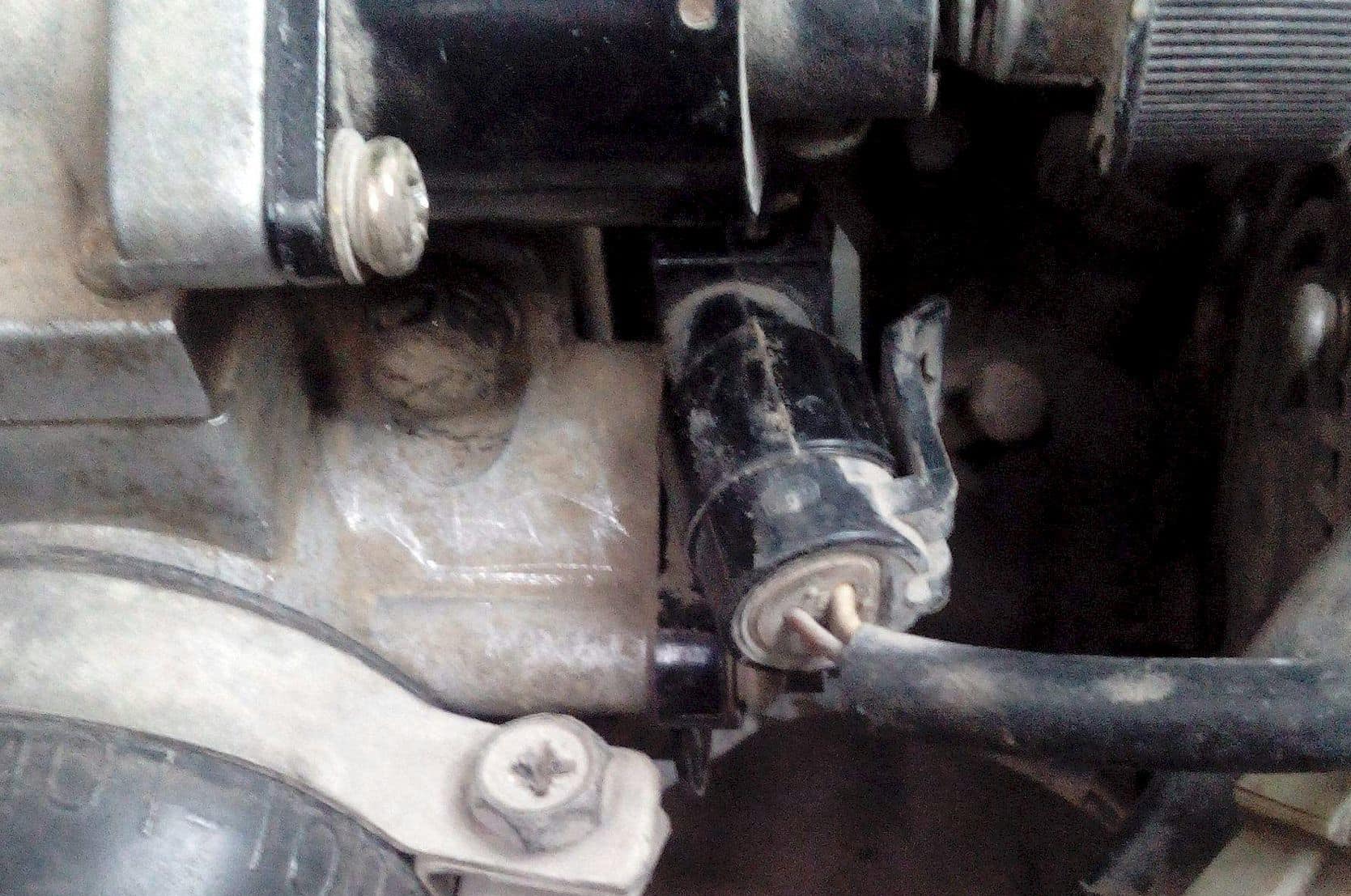The TPS or throttle position sensor is a significant component of your car's fuel system. This small but vital part is responsible for ensuring the correct mix of fuel and air is maintained inside the engine. This sensor will send a signal to the engine's fuel injection system of the power needs of the engine. Failure of the TPS can lead to poor acceleration, different engine problems, and fuel inefficiency leading to bad throttle position sensor symptoms.
Six bad throttle position sensor symptoms
The throttle manages airflow to the engine. When you step on your gas pedal to move your car, more air is required in the internal combustion chamber. And as more air moves into the engine, an increased amount of fuel is also mixed in. The engine powers on as the mixture of air and fuel are ignited.
The throttle moves in different positions, and this determines the amount of air that will move into the engine. The throttle position sensor detects the component’s position. During acceleration, the sensor will provide the position of the throttle of the engine, and the engine controls will maintain the throttle by providing the amount of air that’s required by the engine.
The more you accelerate or step on the gas, the wider the opening of the throttle to let air move in the engine. Along with this, there will be more fuel that will move into the engine for the optimal balance of air and fuel mix.
The TPS may become damaged due to electrical problems, corrosion of the component, and other connected parts of the sensor and stress. You can also prevent problems with the TPS when you commit to regular car maintenance checks, especially for older car models.
The following bad throttle position sensor symptoms are common if there are problems with the TPS.
READ NEXT:
1. Hard to accelerate or poor power during acceleration
If your car has poor power, especially during acceleration or won’t accelerate at all, then suspect problems with its TPS. Sometimes, instead of poor acceleration, your vehicle may speed up unexpectedly as you drive. This is also related to a broken TPS
2. Poor idling or slow idling
Any signs like staling, misfires, and poor or slow idling when the vehicle is not moving, then your engine may have early signs of a problematic TPS. You should never overlook this idle position sensor symptom, and thus, you must have your vehicle checked right away.
3. Check engine light is on
The
4. Speed surges
This quick surge in speed happens when you're driving out on an open road. You'll feel this sudden speed surges that can be very hard to control. This can be very dangerous and may result in a collision. At the first instance of speed surges, take your car to a certified technician for complete engine diagnosis.
5. Severe vibrations, bucking or jerking
If your check engine light is on and you keep having problems with acceleration, you might also experience unusual
Simply tell you that your engine has a problem with the mixture of oxygen and fuel. It's best to take your car to a technician when you notice any of these signs early on
6. Poor fuel efficiency
The TPS has a direct effect on the correct oxygen and fuel mix for ignition, and thus, poor readings can lead to more fuel added to the engine’s combustion system. The result is a rich air to fuel ratio that can dramatically affect your fuel efficiency.
Other kinds of sensors also rely on TPS's accurate readings. It the TPS fails to provide accurate results, these sensors may give inaccurate readings resulting in the engine taking more fuel than usual.
Throttle position sensor replacement cost
At the first signs of a bad TPS, you must take it to a specialist right away. An expert technician will diagnose your vehicle using special diagnostic tools. If your throttle sensor requires replacement, then you need to pay around $100 to $200. The part costs around $75 up to $100 depending on the car or vehicle model you have. Labor will cost from $35 up to $100.
You can save on labor costs by shopping for an inexpensive technician near your area. You can also save if you have the sensor fixed instead of buying a new one.
Some specialists can help you save money by repairing the sensor. You may only have to pay a fraction of the parts or the TPS sensor cost, as this saves you a lot of money. The only problem is that it can take longer before the TPS is repaired; sometimes, it can take a few weeks to a month, and this means you need to wait this long without a vehicle.
Can you drive with a bad throttle sensor?
Yes, you may still drive with a poorly-functioning TPS, but it won’t take too long when these annoying symptoms will pop up and will completely mess up your driving and affect your safety on the road. But for you and your passenger’s safety, take your car to a shop to have it checked as soon as you notice any bad TPS symptoms.
Final Words
Now that you know the different bad throttle position sensor symptoms, you can diagnose your vehicle as soon as possible, saving you a lot of money in replacement, parts, and labor costs. It's also important to have regular car engine maintenance checks as these can also save you from paying high TPS replacement costs. Regular checks also ensure your safety, especially when you have an old vehicle.
James is a certified auto technician specializing in commercial vehicles. With 30 years of experience under his belt, James has encountered almost every type of automotive issue there is! Besides his day job at the repair shop, he is also an amateur race car driver.
